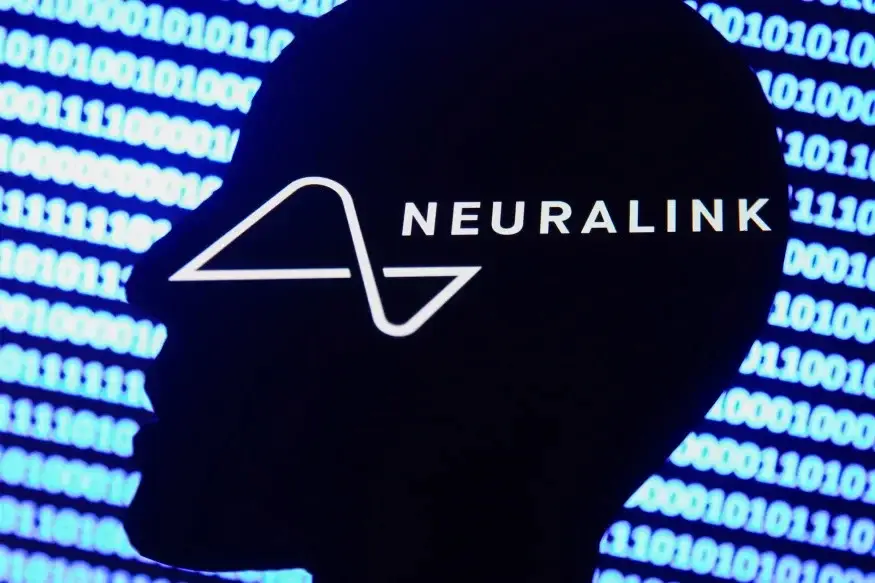Elon Musk’s Neuralink, a firm focused on developing brain-computer interfaces, has set a lofty goal: implanting chips in over 1,000 patients by 2026. The announcement was made on Musk’s X (Twitter) platform on July 11th.
Life-Changing Technology for Paralyzed Patients
The technology has proven to be transformative for some individuals. Noland Arbaugh, the first person to receive a Neuralink implant, shared publicly how it has enhanced his life. Previously paralyzed from the neck down, Arbaugh faced challenges in interacting with technology. Post-surgery, he can now use devices and even play video games effortlessly.
Setbacks and Stability
Despite the promising advancements, there have been obstacles. In May, a small wire in Arbaugh’s brain shifted. Nonetheless, a Neuralink executive recently assured that the brain-computer interface chip is now “more or less very stable.”
Future Goals and Vision
During a live broadcast earlier on July 11th (Beijing time), Musk detailed Neuralink’s future objectives. He aims to implant the chip in thousands of patients over the next few years. Neuralink’s technology enables patients to control robotic limbs with their minds, surpassing the speed of natural brain-limb connections. Musk envisions an even bigger mission: creating a symbiotic relationship between humans and artificial intelligence to mitigate the risks AI poses to civilization.


Leave a Reply